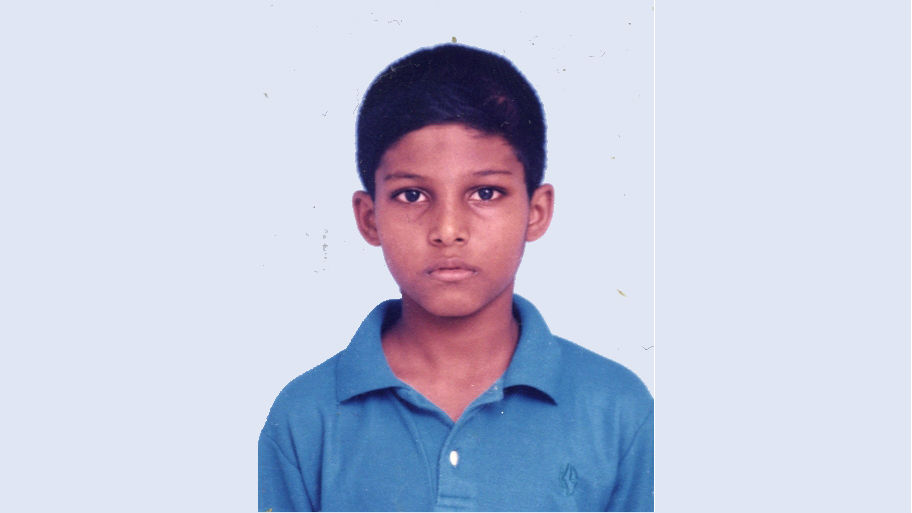“No sympathy for people like us:” Milestones in the life of a Maldivian death row prisoner
Hussain Humam Ahmed, 22 years, is on death row for the murder of MP Afrasheem Ali. His family fears he was framed and judged guilty because of his background of poverty and violence.

24 Apr 2016, 09:00
Mohamed Kinaan, 31 years, was once counted among the most dangerous criminals in the Maldives. Today, he works as a research assistant at a psychiatric clinic, and spends his time off knocking on doors, in a desperate bid to save his brother’s life. He believes his 22-year-old brother, Hussain Humam Ahmed, was framed for the brutal murder of MP Afrasheem Ali in 2012.
Humam’s appeal is now before the Supreme Court. If the guilty verdict is upheld, he could be the first person to be killed by the Maldivian state in more than 60 years.
“It could have as easily been me who was picked up for Afrasheem’s murder. It should have been me in there, not Humam,” says Kinaan, a soft spoken and polite man with a small beard, who now wears his long-sleeved shirt tucked in.
He is matter-of-fact when he speaks of his past of poverty, violence and addiction.
Become a member
Get full access to our archive and personalise your experience.
Already a member?
Discussion
No comments yet. Be the first to share your thoughts!
No comments yet. Be the first to join the conversation!
Join the Conversation
Sign in to share your thoughts under an alias and take part in the discussion. Independent journalism thrives on open, respectful debate — your voice matters.




